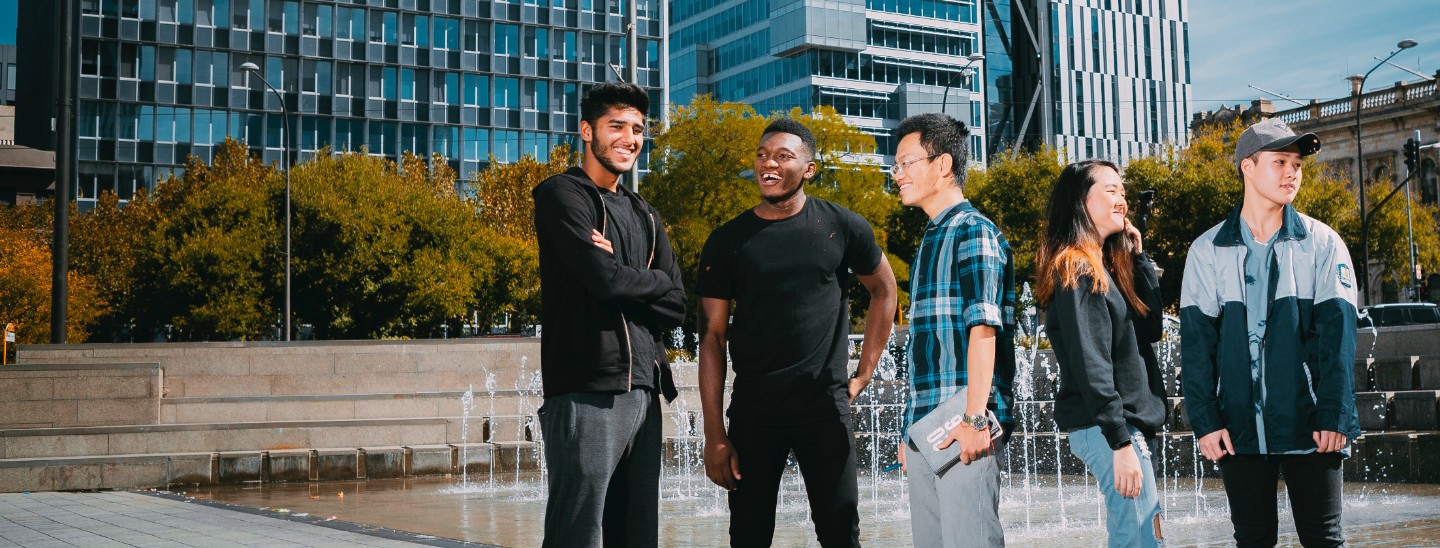Understanding Consent and Sexual Assault
What is Sexual Assault?
Sexual assault is any type of unwanted sexual act inflicted upon a person without their free and voluntary consent and may involve a broad range of behaviours from unwanted sexualised touching through to penetration. Sexual assault is characterised by behaviours that involve the use of force, threats, coercion or control towards a person, and makes that person feel uncomfortable, distressed, frightened or threatened, and/or is carried out in circumstances under which the person has not freely agreed or consented to, or is incapable of giving consent.
What is Sexual Harassment?
Sexual harassment is an unwelcome sexual advance or request for sexual favours or conduct of a sexual nature which makes a person feel offended, humiliated and/or intimidated. In the context of the University’s policy and procedures, sexual harassment includes, but is not limited to:
Intentional and unwelcome acts of physical intimacy including touching or kissing
- Requests or demands (directly or by implication) for sexual favours
- Repeated sexual requests or requests for dates after the person has said no
- Persistent comments on how a person looks or is dressed
- Persistent comments on a person’s sex life or sexuality
- Sexually explicit emails, text messages, social media posts or messages
- Degrading sexual jokes and comments
- Sexually explicit banter or conversation
- Sex-based insults, taunts or name-calling
- Staring or leering
What is Consent?
Consent is the free and voluntary agreement to engage in sexual activity of any kind. In the context of the University’s policy and procedures, consent is defined as the act of willingly agreeing to engage in sexual activity and requires that a person is able to freely choose between two options: yes, and no. This means that there must be an understandable exchange of affirmative words which indicates a willingness to participate in mutually agreed upon sexual activity. The age of consent to sexual activity in South Australia is 17 but this increases to the age of 18 if a person is in a position of authority over another person. The age of consent to sexual activity and the definition of consent may vary across Australian state and territory jurisdictions as well as internationally.
Consent will not be considered to have been given where a person:
- Is incapable of consenting to the activity because they are
- asleep;
- unconscious; or
- intoxicated by alcohol or any other substance to the point of being incapable of giving free and voluntary consent to sexual activity
Consent cannot be assumed where a person:
- is silent
- is not fighting back (an absence of physical resistance does not equal consent)
- says ‘no’ or ‘maybe’ (an absence of verbal protest does not equal consent)
- is forced or coerced
- is threatened
- is manipulated by authority

